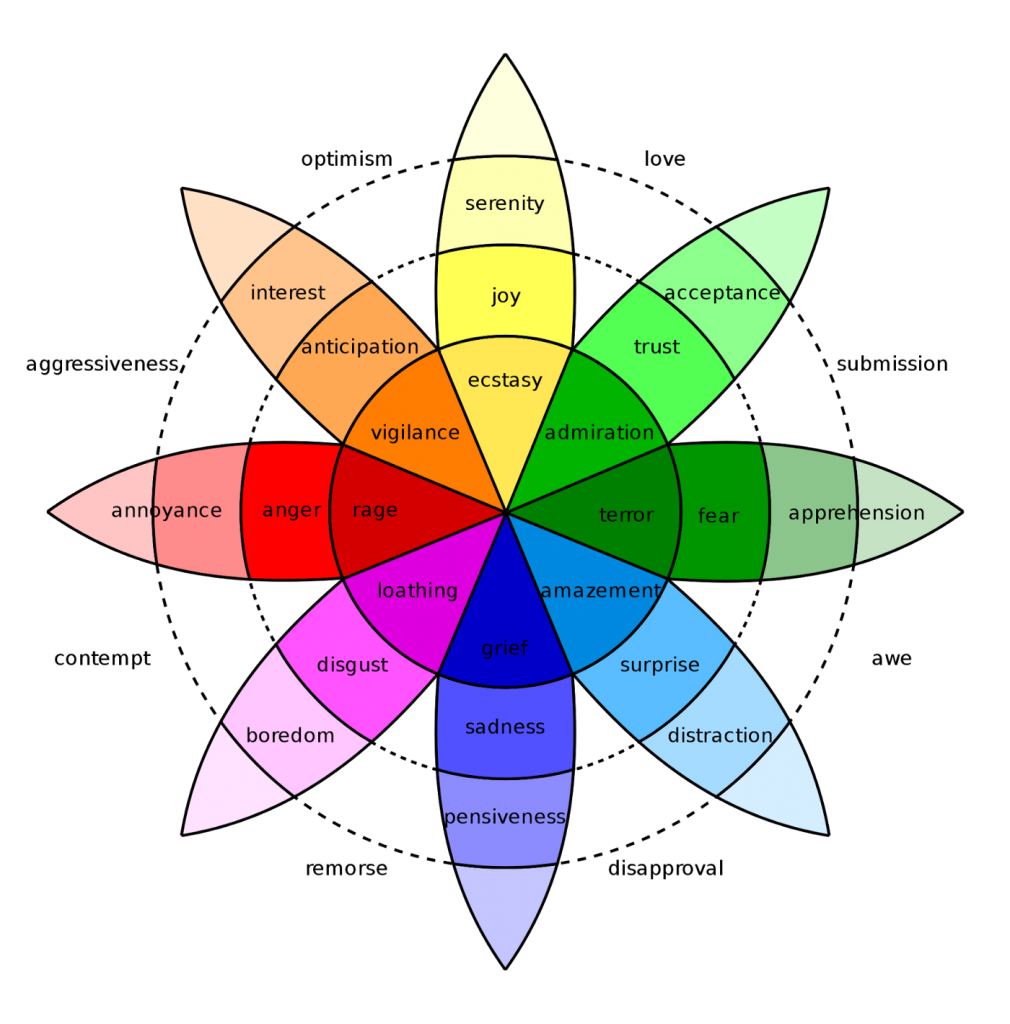The Happiness Fallacy

Written by Timothy Lewis (@TimothyELewis) – February 7th, 2018
What is happiness? What does it mean to be happy? These are among humanity’s most loaded questions. To complicate the matter further, the answer can vary widely depending on who is asked.
In Greek philosophy, happiness is referred to as eudaimonia, a combination of the root words “eu” (good) and “daimōn” (spirit).
When it comes to Psychology, as is characteristic of the science, happiness is an abstract concept, defined by approximations and a jumble of primary and secondary emotions. Comparable words include: Joy, pleasure, euphoria, elation, contentment, and serenity. In other words, happiness falls somewhere along the intersection of life-satisfaction and subjective well-being.
Google is the laziest, defining happiness as: “The state of being happy.” Further exemplifying the crisis at hand, the search engine goes on to define “happy” as “feeling or showing pleasure or contentment.”
There are two details of note encompassed throughout these explanations.
- Happiness is a state of being
- Happiness is an emotion
These concepts are at odds. If happiness is comparable to experiences like elation or pleasure, by default, it cannot be a state of being. For this to be the case, happiness would need to increase unwaveringly, lest we become desensitized. In other words, we’d develop a tolerance to these descriptions of happiness should they plateau into a state of being.
Additionally, the degree of elation or pleasure could not falter, as any subtraction of happiness is a move away from it. Whether this is referred to as “less happy” or “more sad”, may be of note, but there’s a perceptive downgrade regardless.
Unfortunately, the degree of elation or pleasure cannot be increased indefinitely. Stimulations such as these are the result of the brain’s chemical processes. An endless, elevating flood of neurotransmitters is a physical impossibility.
To address point number two, happiness as a state of being, it would cease to be an emotion, but rather, manifest as a mentality. Optimism and pessimism are states of being. Contentedness is a state of being. Empathetic, curious, ambitious — these, too, are states of being. They are dispositions formed by repeated behaviors, experiences, and the resulting conditioning.
While this explanation seems most practical, we already know happiness is synonymous with and defined by a variety of emotional stimulations (elation, pleasure, joy, delight). Calling happiness a state of being amounts to changing the literal definition of the word along with the attached identity.

All of this leads to a single conclusion: Happiness is a gimmick. While being a concept that lies at the core of our most basic pursuits, it is simultaneously illusory. Happiness is a bag of tricks, a contradiction, a bold-faced lie. It’s an unattainable romanticization, manufactured to sell the new car, the wondrous drug, the once-in-a-lifetime adventure.
This all sounds very pessimistic; I understand that. Happiness, much like the word “love”, has been composed in the work of fairy tales (“happily ever after”, “true love”, “love at first sight”), where it encompasses multiple definitions that are unable to realistically coexist. It’s easy to motivate, or better yet, manipulate a consumer, by stringing the carrot just out of reach.
Instead of chasing happiness, let us be honest. Pursue pleasure, pursue self-acceptance. Pursue delight, pursue contentedness. Pursue passion and thrills and merriness and satisfaction. Just don’t pursue happiness, because it will always be one step away.
The content exhibited on this site, whether visual, electronic, or in writing, shall not be republished and/or rebroadcast without the specific written permission of PubSquare Media and/or Scraptitude, NerdCraft Nation, The PubSquare and/or guest contributor or former alias thereof.



